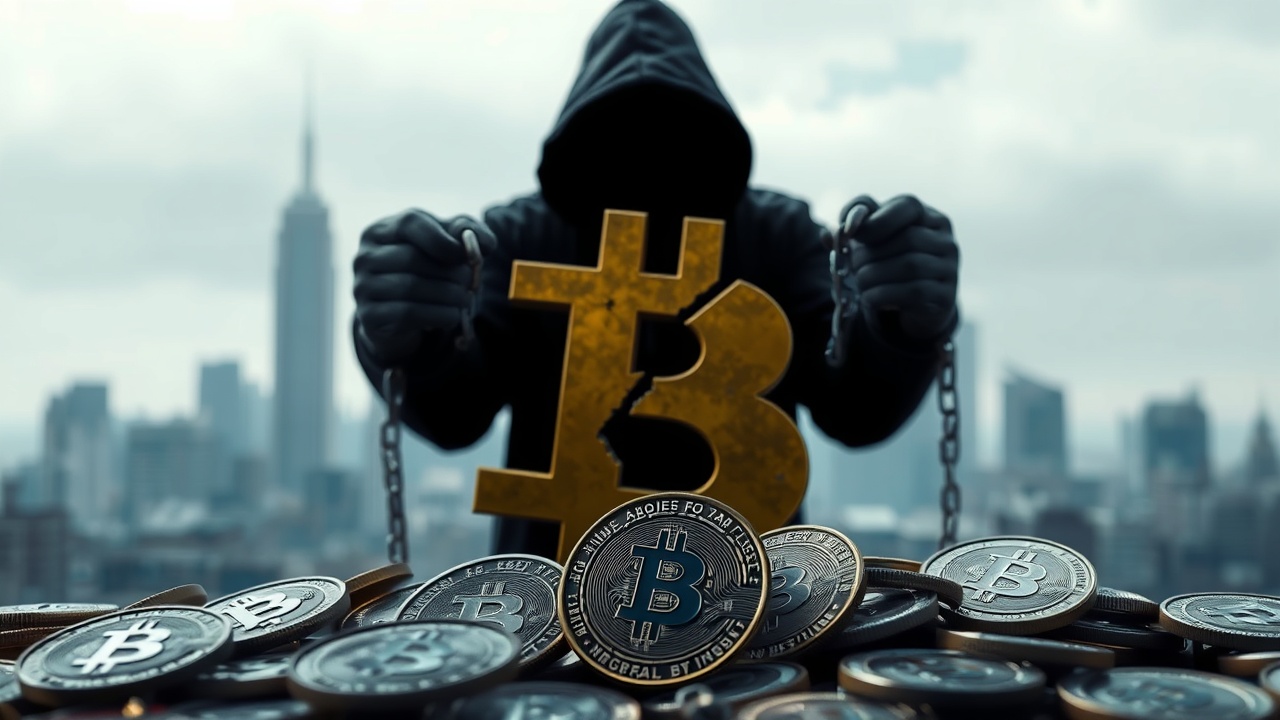Cryptocurrency Ownership and Its Dangers
In a striking case that underscores the dangers associated with cryptocurrency ownership, two suspects have been released on $1 million bail after being accused of kidnapping and torturing an Italian tourist for his Bitcoin assets. John Woeltz and William Duplessie faced New York’s Supreme Criminal Court, where they entered not guilty pleas to multiple charges, including kidnapping and assault.
The Abduction Incident
The troubling events unfolded in May, when the Italian cryptocurrency trader was reportedly abducted and held captive in a Manhattan townhouse for weeks. During this period, he endured severe physical abuse, including beatings, electric shocks, and threats of violence against both himself and his family, as his captors sought to extract information about his Bitcoin wallet.
Eventually, the victim devised a plan to escape. He convinced one of his captors to let him use his laptop under the guise that it contained the password to his Bitcoin account. Seizing the opportunity, he fled the apartment and sought help from a nearby police officer. Following his escape, Woeltz was arrested on site, while Duplessie surrendered to law enforcement days later.
Bail Hearing and Legal Proceedings
During their bail hearing, Judge Gregory Carro granted both men release but imposed strict monitoring measures, which include wearing electronic ankle bracelets, surrendering their passports, and complying with security check-ins every 72 hours. Despite the serious nature of the allegations, the defendants’ attorneys attempted to minimize the situation, framing it as an elaborate form of hazing that the victim willingly engaged in for a taste of a luxurious lifestyle.
Implications for the Cryptocurrency Community
This incident serves as a stern reminder to the cryptocurrency community about the persistent threats that accompany decentralized finance. Although technologies like Bitcoin eliminate the need for middlemen, they do not shield individuals from real-world dangers, particularly for those holding significant digital assets.
As owners of high-value tokens navigate this evolving landscape, the importance of security cannot be overstated. For those invested in cryptocurrencies such as Shiba Inu (SHIB), the implications are profound: asset protection goes beyond the digital realm. Users are urged to keep their private keys secure, avoid unencrypted storage, and implement robust security measures like hardware wallets and two-factor authentication.
As the Shibarium ecosystem expands and garners more public attention, individuals must recognize that increased visibility can bring risks; thus, a proactive and discreet approach to security is essential.
Conclusion
This case of these alleged crypto kidnappers is not just a legal matter but a cautionary tale prompting all cryptocurrency enthusiasts to reassess their safety protocols.




